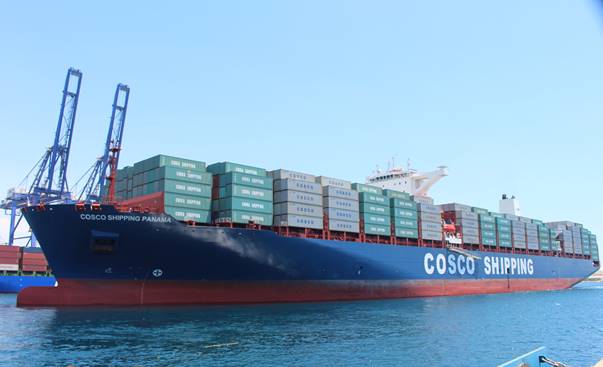Logistics

February 18, 2024
SMU Community Chat: Feb. 21 with Anton Posner, CEO of Mercury Resources
Written by Michael Cowden
Mercury Resources CEO Anton Posner will be the featured speaker on SMU’s next Community Chat webinar on Wednesday, Feb. 21, at 11 am ET.
The live webinar is free. You can register here. A recording of the webinar and the slide deck are available only SMU members.
What we’ll talk about
We’ll talk about the global supply chain, military tensions on the Red Sea, the drought on the Panama Canal – and what it means for steel.
When it comes to the Red Sea and the Suez Canal, will we see vessel traffic around Africa become a more permanent feature of the trade landscape? And will we see ships increase speeds – despite increased carbon emissions – to help make up for the lost time?
Closer to home, we’ll talk about the drought on the Panama Canal. Is that a fleeting issue or could it – like low water levels on the Mississippi River – be a function of climate change and so a longer-term problem?
All told, are these supply chains problems on par with the delays we saw coming out of the pandemic or following the war in Ukraine? Or are the current challenges easier for shippers to navigate?
We’ll talk about truck, rail, and barge issues well. And we’ll take your questions too. So think of some good ones to bring to the Q&A on Wednesday.
Why you should listen
Posner is in a good position to address such questions because Mercury Resources specializes in global supply chain management for commodities. The company’s end-to-end solutions include everything from warehousing to ocean freight as well as inland barge, rail, and trucking services.
As always, we’ll keep it to about 45 minutes. You can drop in, learn something – and then get on with your day.






